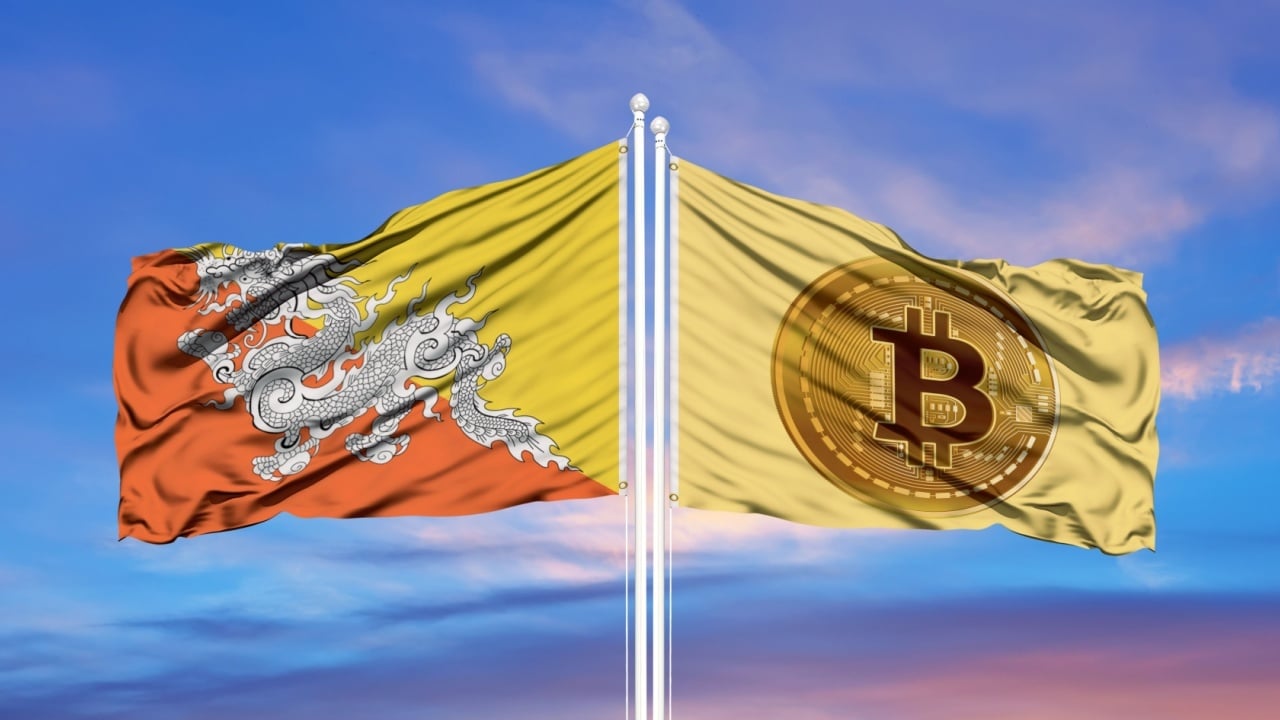
A recent survey by South Korea’s News1 has revealed that Bitcoin (BTC) continues to reign as the top cryptocurrency for domestic investors, while Ripple (XRP) has surpassed Ethereum (ETH) to claim the second spot.
The survey, conducted from December 24 to 26, used a blockchain-based voting service, The POL, and gathered responses from over 5,220 crypto investors. It focused on the top 10 cryptocurrencies by market capitalization in South Korea. Bitcoin topped the list, XRP followed in second place, and Ethereum came in third.
XRP interest maintains the lead on Ethereum in South Korea
According to Korean local news outlet News1, XRP’s rise to second place signaled an uptick in the coin’s investment sentiment. Although Ripple had faced a slump in its global market presence, the survey indicated that South Koreans were largely optimistic about the token.
Ripple’s market share in South Korea remains notably high, and it has been outperforming Ethereum in terms of local investor preferences. Analysts are “surprised” at the growing interest, given Ripple’s ongoing legal challenges with the US Securities and Exchange Commission (SEC).
XRP’s position as a “favorite coin” in South Korea dates back to late 2017, when it gained massive traction. At one point, local investors adopted the term “Lidosu,” a sarcastic reference to the frustrations of holding Ripple without seeing substantial price increases.
The third largest crypto by global market cap continued to enjoy a prominent presence in South Korea, shaking off critics. By the first half of 2022, Ripple’s global market share was just 2%, but in South Korea, it held a solid 12.5% market share, according to the Financial Informal Center (FIU).
Domestic support has only intensified in recent months, particularly after SEC Chairman Gary Gensler announced his resignation in 2024 after Donald Trump’s November election victory.
Trading volumes mull increased demand for crypto
On January 1, South Korea’s largest exchanges, UpBit, Bithumb, and Korbit, reported an eye-popping $800 million in XRP trades within a 24-hour period. Notably, UpBit alone accounted for $600 million of that total, while Bithumb saw over $200 million in XRP trading.
The New Year’s market activity signals an increasingly growing interest as investors look to get deeper into the crypto market in 2025.
Moreover, South Korea’s Exchange chairman, Eun-Bo Jeong, hinted at the introduction of cryptocurrency-based exchange-traded funds (ETFs) in South Korea this year.
Speaking at the Securities and Derivatives Market Opening Ceremony on January 2, Jeong highlighted the need for innovative financial products to rejuvenate South Korea’s financial markets, which have been underperforming due to political instability.
Jeong shed light on South Korea’s struggles in 2024, mentioning the nation’s a shrinking economy, reduced export growth, and persistent geopolitical tensions. He believes these challenges caused South Korea’s financial markets to fall behind their international counterparts in 2024.
He also cited the success of global Bitcoin-related financial products as inspiration for introducing crypto-related ETFs domestically. However, approval looks less likely, as the Financial Supervisory Service banned crypto-linked ETFs just last year.
The October 2024 restrictions specifically prevented asset managers from offering ETFs tied to crypto-focused firms, including popular exchange Coinbase.
Crypto adoption rises among South Koreans
In other news, South Korean crypto markets counted 610,000 new users in November 2024 alone, bringing the total number of crypto enthusiasts to 15.6 million.
According to multiple sources, this represents around 30% of the country’s population, a spectacular figure for a country that has historically been skeptical of digital assets.
In line with the country’s renewed crypto culture, South Korea’s Jeju Island is preparing to pilot NFT-based tourist cards in the second half of 2025. The initiative aims to attract younger visitors with travel subsidies and discounts encoded on the blockchain for added security and convenience.
From Zero to Web3 Pro: Your 90-Day Career Launch Plan










